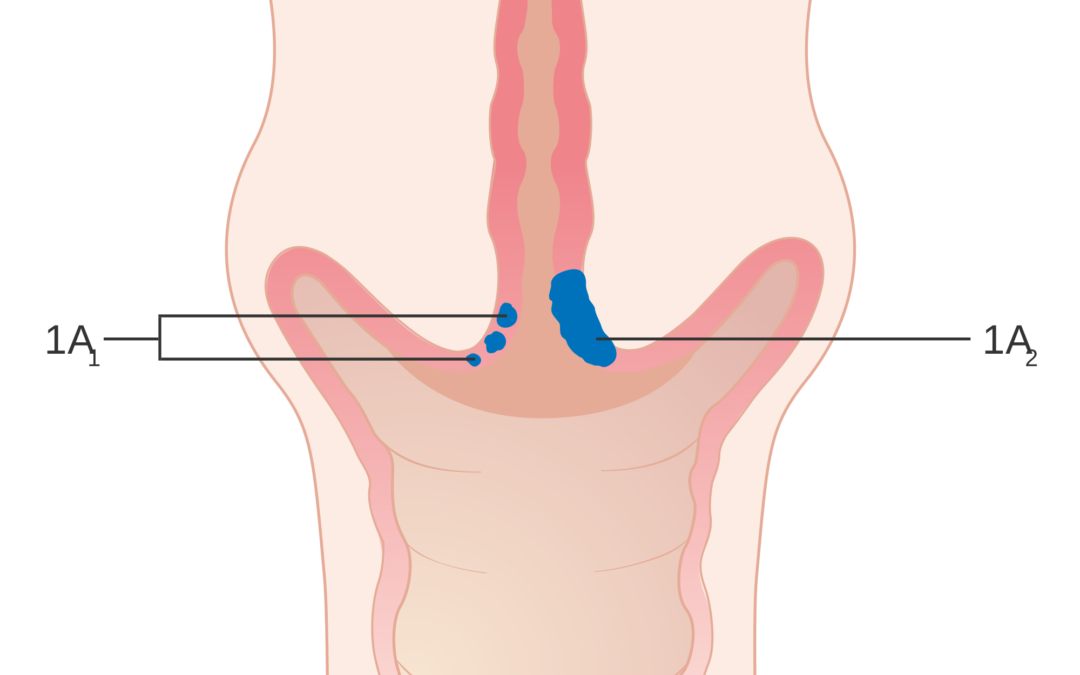Human Papillomavirus (HPV) Testing
According to the Center for Disease Control (CDC), if you are 30 years or older and
- your Pap test is normal
- your HPV test is negative
You can wait 5 years before being tested again for cervical cancer!
What is cervical cancer?
Cancer can grow on your cervix the same way it can grow on or in other body parts. Most times, cervical cancer grows slowly. It can take 10 to 15 years (or more) for abnormal cells to turn into cancer.
Cervical cancer is not hereditary like other cancers. It is caused by the Humana papillomavirus (HPV) which causes normal cells on the cervix to become abnormal. Over many years these abnormal (pre-cancer) cells can become cancerous if they are not found and treated by your doctor. You cannot see or feel HPV or these cell changes on your cervix. But it is the most preventable female cancer with regular screening tests and early treatment.
So what is HPV?
It’s a common virus that can affect the genital area in both men and women. It has no signs and symptoms and will actually go away on its, own most times with 2 years without causing health problem. It is only when it remains in the cervical cells for many years that it can cause cervical cancer. It affects the genital area by:
- Causing changes on the cervix in women that can lead to cervical cancer overtime
- Causing genital warts in both men and women
Note that the HPV causing cervical cancer is different from the ones causing genital warts.
How do we get HPV?
HPV is transmitted through genital or skin- to -skin contact, mostly through vaginal or anal sex. Hence most people will get HPV as soon as they become sexually active and therefore all women are at risk for cervical cancer.
The good news is that CERVICAL CANCER IS PREVENATBLE
How to prevent Cervical Cancer
Cervical cancer can be prevented with regular screening. This can be achieved by doing the:
Pap Test – a recommended yearly test which checks for abnormal (pre-cancer) cells on the cervix that can turn into cancer over time. When found they can be treated before they turn into cancerous cells.
HPV Test- checks for the virus causing abnormal cells in the cervix. It tells if you have HPV NOW. It is recommended that women 30 years and older have a HPV test along with the Pap test. This is called HPV Co-Testing and helps to detect early problems and remove them before they become cancer. Remember that a normal Pap test and negative HPV test allows you 5 years without the need to check again.
Note: The Pap test checks for abnormal cells that can become cancer while the HPV test checks the cervix for the HPV virus that can cause abnormal cells and cervical cancer
